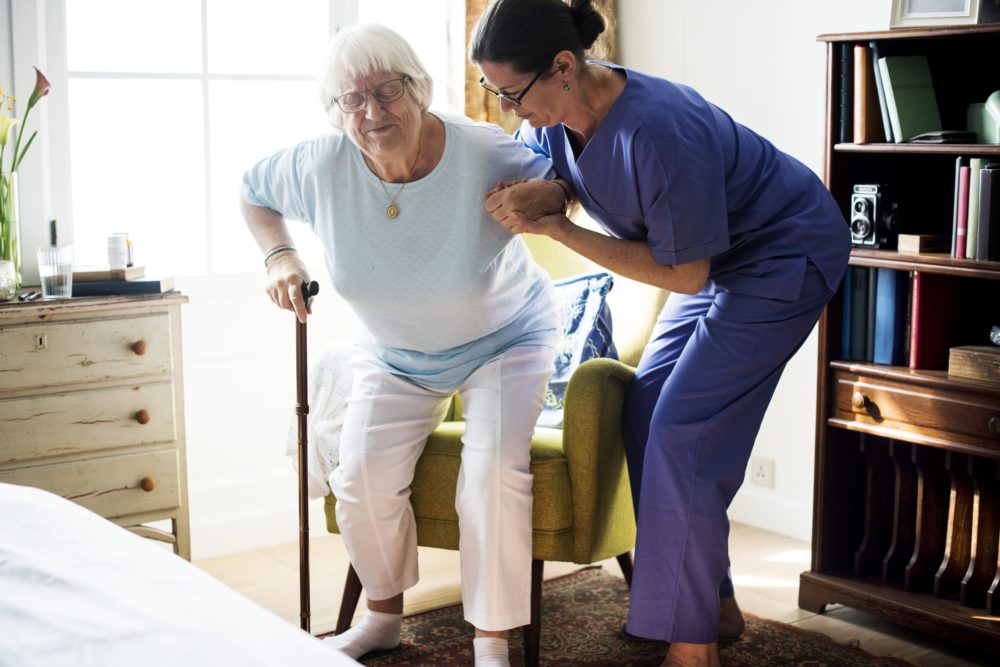Choosing a career in nursing is one of the noblest routes a person can take. Your shifts will be spent helping others to recover, heal, and understand
Choosing a career in nursing is one of the noblest routes a person can take. Your shifts will be spent helping others to recover, heal, and understand how to better care for themselves, and in many cases, you will be saving lives. While it takes a certain kind of person who is willing to give so much of themselves to others and work tirelessly to help patients, there is also the fact that it is a career choice. And with most career choices, it’s normal to think ahead about how you plan to advance your career.
Thanks to the new EU General Data Protection Regulation (GDPR) that has just come into place at the end of May, nurses now have a unique opportunity to better their skills and possibly help them to advance up that career ladder. What’s even more interesting is that the way to go about it isn’t the typical route. Let’s take a closer look.

Enrolling In General Data Protection Training Courses
The new rules and regulations that have been set into place across EU countries for those people and companies that handle the personal data of EU citizens are prompting healthcare professionals to take a close look at how they approach cybersecurity and data protection. Not only are they looking at ways to boost their security protocols from an IT standpoint, but it’s clear that a training process among healthcare workers will also prove to be beneficial.
This is where career savvy nurses can really take a big step forward by enrolling in general data protection training courses that have been developed with nurses in mind. All you have to do is take a look at the General Data Protection Regulation Core Training (for staff) course offered through Skills Platform.
This 60-minute course is meant to act as a starting point for those looking to broaden their knowledge of how to properly handle personal data and information. Not only that, but the course touches upon the new Data Protection Act and the GDPR. This one course alone will help to give nurses a better appreciation and understanding of cybersecurity and data protection measures.
Course participants will learn about why the new law is being introduced, who the legislation applies to, what is different about the new legislation, and much more.
Advancing a Nursing Career Doesn’t Stop There
While these GDPR training courses are proving to be quite popular and useful right now in the EU, that’s not the only way nurses are looking to advance their careers. Anything you can stand out from your colleagues in a positive way will help, which can be with the extra knowledge, skills, experience, and professionalism you have.
Given that the world is increasingly becoming digitised, it makes sense that healthcare professionals are clued up and educated on the importance of data protection. So far, data protection training isn’t mandatory and, within many organisations, this “training” is nothing more than briefly reading a document and signing it. All industries, healthcare included, are digitising patient records and holding all their information electronically, therefore, GDPR training for healthcare professionals is something which should be provided industry-wide, not just for nurses. It is likely that training of this nature will become legally mandated in future, so it makes sense to get ahead.
Climbing that career ladder as a nurse takes hard work, time, and persistence on your part, which means it’s best to approach it as a long-term goal that you continue to chip away at.



















































































































COMMENTS